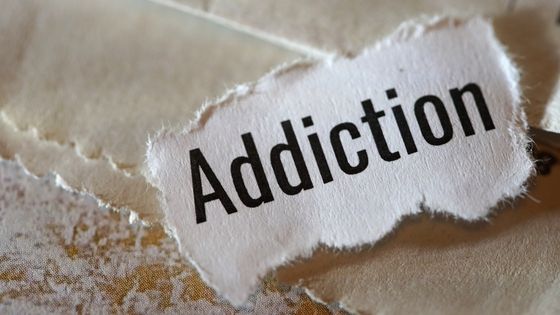Addiction occurs when repeated use of drugs changes the way a person’s brain responds to pleasure. Cause problems like depression, anxiety, paranoia, and much more.
Addiction can destroy lives, which in turn perpetuates a negative cycle where the only moment of reprieve is the source of your addiction. Getting into a spiral like that usually stops once a person reaches rock bottom, and they’re forced to look at what they’ve done to themselves and those around them.
You don’t need to reach rock bottom before getting help. You can reach out and get help at any stage of your addiction. There are so many resources and opportunities out there for you to help you overcome your addiction and regain control of your life.
All addictions carry scars. You’ll be battling what you want and what you know is good for you for years, if not your entire life.
If you’re finally at the stage where you’re ready to take steps away from your addiction and regain control of your life, use this guide. It outlines the type of help you can expect and the overall journey you’ll need to take:
Knowing When You Have a Problem
The biggest obstacle to your recovery is you. If you don’t think you have a problem, then you have no incentive to take any recovery program seriously, even if you do go through rehab or the 12-step recovery program. You simply cannot do it for someone else, not unless you believe you need it to.
If multiple people have told you that you have a problem and are wondering if that’s true, sit down and work out just how your addiction has impacted your life. Consider it from all angles, from social opportunities lost to loss of time, energy, and finances. You need to want to recover, and the best way to get started is to understand what your addiction has cost you.
Understand How Addiction Has Affected You
Understanding is a very important step to accepting what you’ll need to do to recover. You can start by reading the article How Addiction Affects your Mental Health, and then delve deeper into the causes of addiction and how addiction can both be caused by mental illness and can cause mental illnesses.
Learning about how the brain physically changes due to addiction and rationalizing your cravings is a good way to put mind over matter, but even with this knowledge, know you likely won’t be able to do it all alone – and that you won’t have to.
Finding the Right Treatment Program
If you’re severely dependent and end up hospitalized or in trouble with the law for your addiction, you will likely find yourself in an inpatient treatment program. If you’re lucky, you’ll be able to choose which one. Just because rehabs are usually inhabited by those that have reached something of a rock bottom, however, does not mean you cannot go of your own volition. If you know you don’t have the strength to detox and stay clean, committing yourself to an inpatient facility can be the best approach.
If you don’t have the budget or time to commit to an inpatient facility, however, there are many programs and therapy options for you. You can even piece together a treatment plan on your own, though this usually won’t be as effective.
Overall you want the program you choose to focus on a few key things:
- Therapy and psychiatry
- Group therapy and peer support
- Wellness and holistic care
- Skill building
- Relationship repair
Addiction must be approached physically, mentally, and spiritually to work. After all, it’s not just a physical addiction. It’s a mental craving. It’s not just what the substance has done to your body, it’s what you’ve done to your relationships. Recovering is a lot like rebuilding; you need the treatment option you choose to offer as many pillars of support to help you successfully move forward with your life.
If You Relapse
Chances are, you’ll relapse. It takes, on average, five attempts to overcome addiction. The only thing you need to worry about is trying again. And again. Recommit to your recovery as many times as it takes to stick, and learn from previous mistakes. You might have relapsed after hanging out with a particular friend group, at which point you will know in the future not to engage with them. You may relapse due to a personal tragedy like the death of a loved one, at which point you’ll want to add grief counseling to your recovery plan.




















